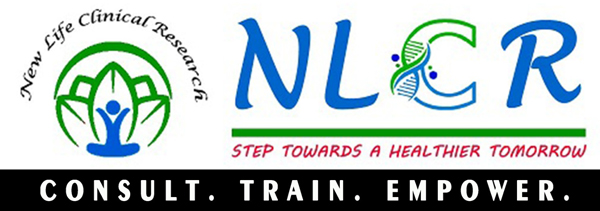Working as a Clinical Research Coordinator (CRC) goes beyond data and protocols; it’s about connecting with people and the excitement of discovery. CRCs are vital to clinical trials, juggling multiple tasks to ensure smooth and effective research. Here’s a glimpse into a typical day for a CRC.
Preparing for Success
The day often begins early with CRCs checking emails from study sponsors, Principal Investigators (PIs), and team members. Key morning tasks include:
Checking Patient Schedules: Organizing the day’s appointments and ensuring all necessary procedures are in place.
Preparing for Patient Visits: Getting consent forms, lab requisitions, and investigational products ready.
Updating Data and Case Report Forms (CRFs): Entering medical information into the Electronic Data Capture (EDC) system, ensuring accuracy for study findings.
Engaging with Patients
Patient visits are central to a CRC’s role, involving:
Screening New Participants: Welcoming new patients, reviewing their medical history, and addressing any questions.
Collecting Data: Conducting follow-up assessments, such as checking vital signs or drawing blood, while adhering to study protocols.
Dispensing the Investigational Product (IP): Providing medications according to the protocol and monitoring for any adverse effects.
Documentation and Communication
Post-patient visits, CRCs focus on follow-up tasks:
Data Entry and Verification: Logging and cross-checking data to maintain study integrity.
Communicating with the PI and Sponsor: Keeping in touch to provide updates and clarify any protocol details.
Addressing Queries: Investigating and responding to questions from monitors or sponsors.



